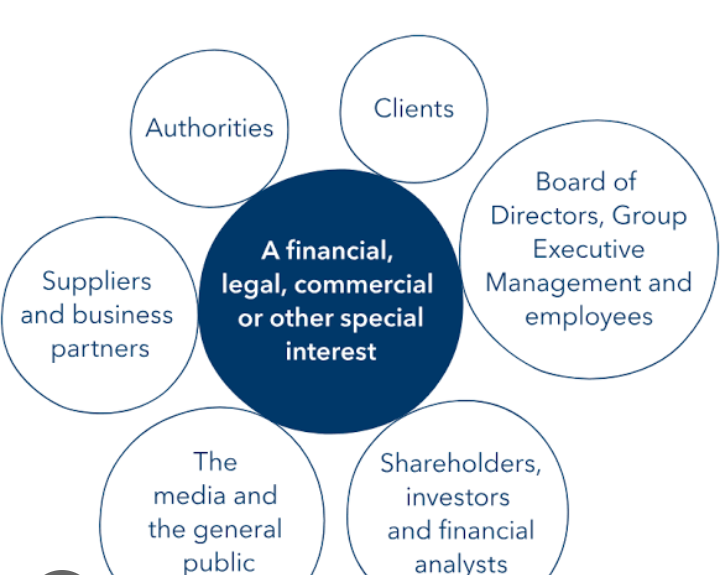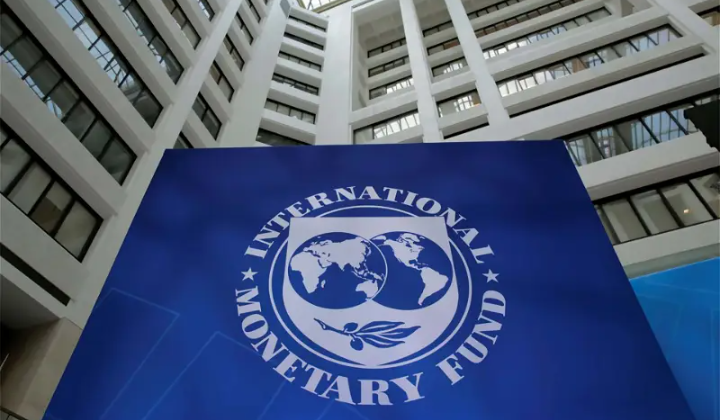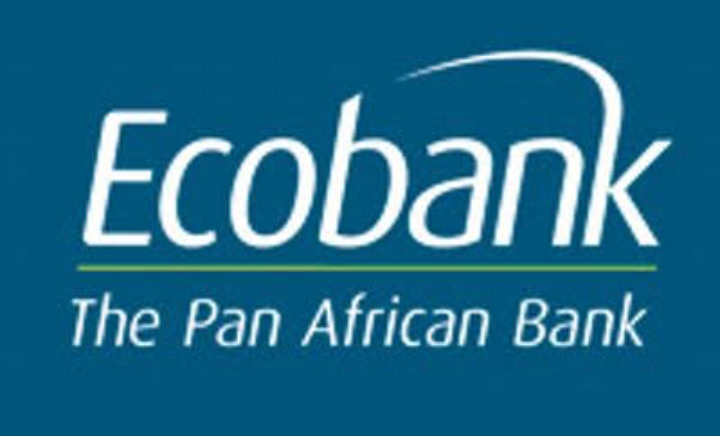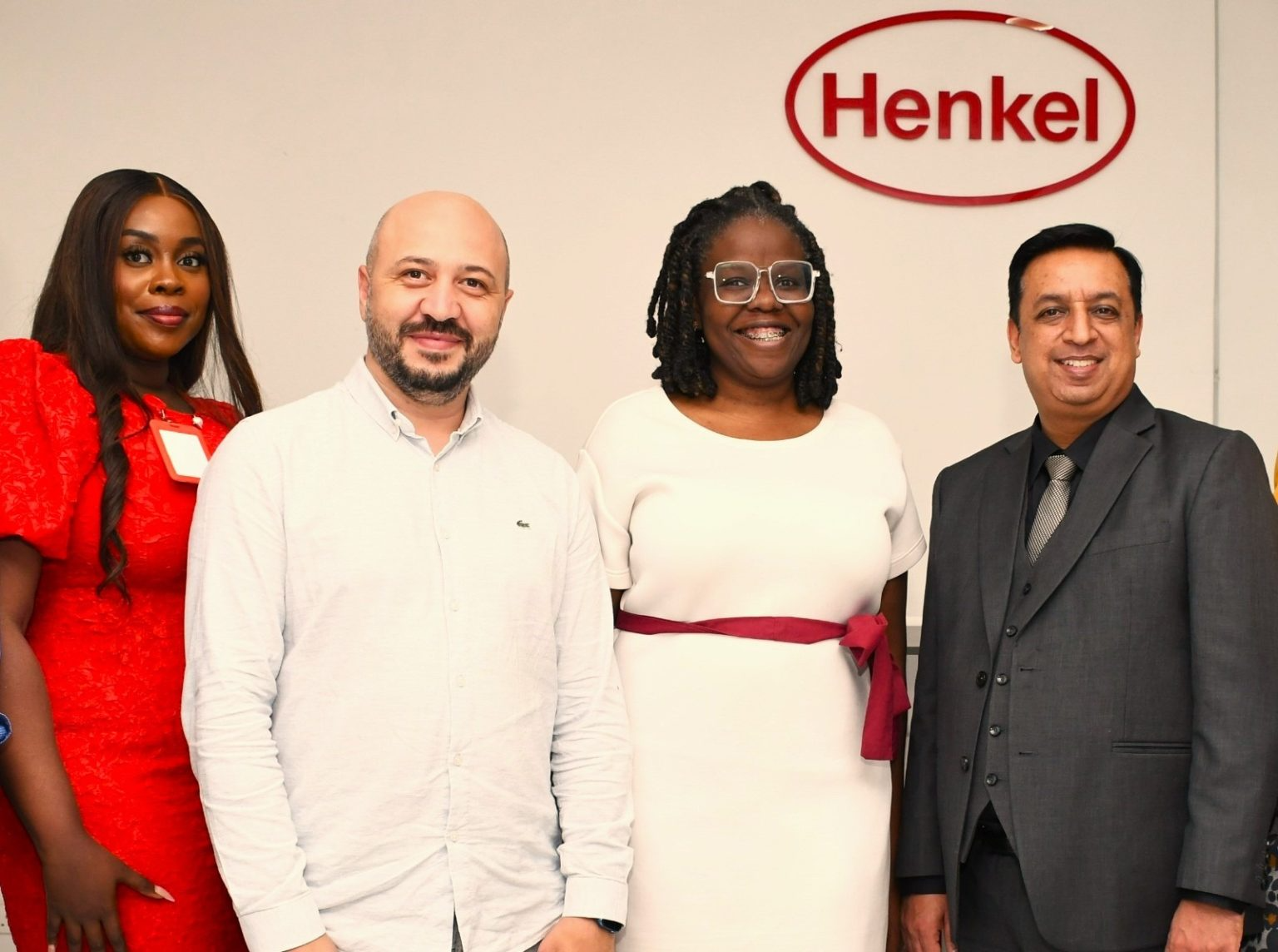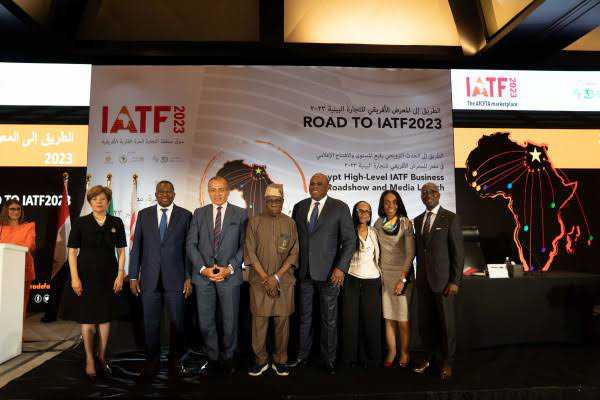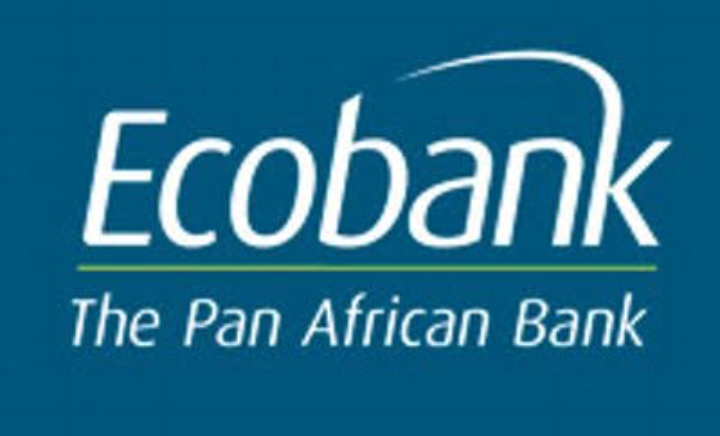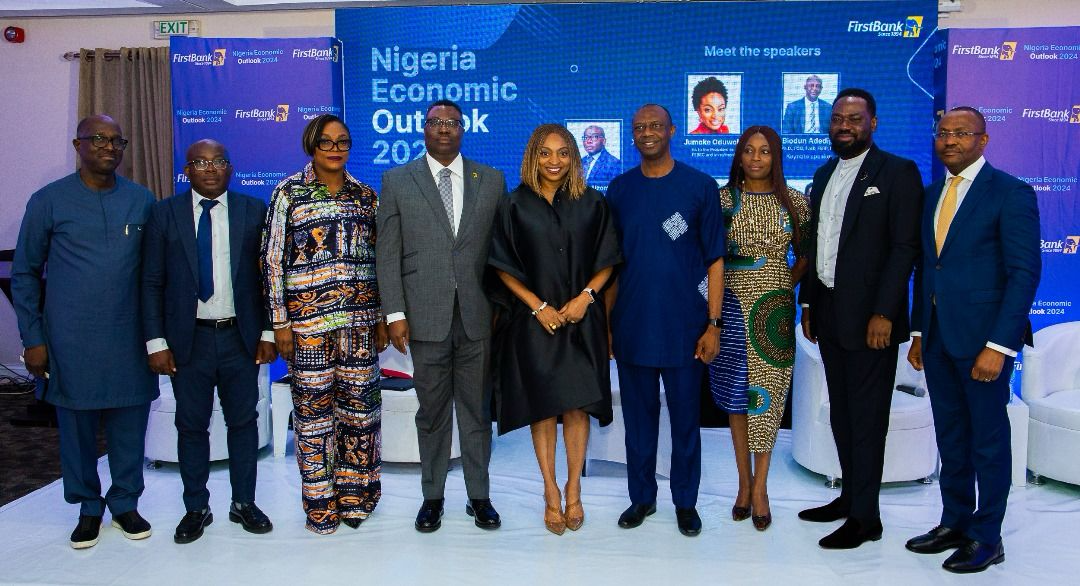Stakeholders of the financial sector of the Nigerian economy have charged private operators to promote innovative and sustainable approaches to uplift the educational standards for underprivileged children living in low-income communities.
Among the stakeholders are Managing Director of EDC Fund Management Limited, a member of the Ecobank Group, Mrs. Oluwayemisi Ogunmola; CEO of Sterling Bank, Abubakar Suleiman; CEO of Unity Bank, Mrs. Oluwatomi Somefun; Chairman, African Philanthropy Forum, Gbenga Oyebode; Founding Partner at Banwo & Ighodalo, Asue Ighodalo; Managing Director, First E&P, Adeyemi Ademola and Managing Director, Credit Direct, Chukwuma Nwanze.
They maintained that private sector collaborations will offer the advantage of diffusing emotional burdens, leading to more informed and intelligent decision-making, as together, they can achieve much more to support the provision of sustainable education for the Nigeria youth.
The stakeholders converged on the Ecobank Pan African Centre (EPAC) in Victoria Island, Lagos at The Special Foundation annual summit, tagged: Transforming Education Summit 2023.
This year’s edition of the summit focused on the theme: “Enhancing Access and Quality Education in Africa” had visionaries, partners, corporate leaders and esteemed diplomatic representatives, converging to effect meaningful change in the realm of education.
Founder of The Special Foundation, Seyi Akinwale, said the event sought to redefine the trajectory of education and leadership, said: “As we build a formidable platform that can confront societal challenges, proper solitaires and uphold the aspirations enshrined in the Sustainable Development Goals (SDGs).
“The summit aims to chart innovative and sustainable approaches to uplift the educational standards for underprivileged children living in low-income communities.
“Founded several years ago, The Special Foundation’s mission is to raise Africa’s future leaders by tackling the educational crisis in our society through increased access to education. What is truly rewarding is our journey from a single child nine years ago to now impacting over fifteen thousand children and continuing to educate more than four hundred children. This success is a testament to the collaborative spirit of the institutions and individuals here today.”
Speaking, Suleiman articulated the role of the private sector, stressed that it was its responsibility to improve the lives of underprivileged children, saying: “In societies where children reside in impoverished conditions, we, the privileged elite are responsible for eradicating their suffering. It is not an act of benevolence but a solemn obligation.
“A significant issue within the corporate sector is the pursuit of success at the expense of society. Some corporate actions inadvertently contribute to the creation of impoverished communities.
“Then after achieving success, they attempt to ameliorate the problems they have indirectly caused. This approach raises concerns, and I believe that corporations must build their enterprises responsibly, avoiding the creation of slums and societal impoverishment.”
On her part, Mrs. Somefun stressed the power of collaboration for the greater good, stating: “Individual efforts can be limiting, as we often find ourselves overwhelmed by the enormity of the challenges. Collaborations offer the advantage of diffusing emotional burdens, leading to more informed and intelligent decision-making. Together, we can achieve much more.”
Also speaking, Managing Director of EDC Fund Management Limited (a member of the Ecobank Group), Mrs. Ogunmola said the organisation supports promotion of quality education for youths, as an avenue to create future leaders for Nigeria and Africa, which she said, was at the core of EDC’s Corporate Social Responsibility (CSR) activities.
Maintaining that the initiative is ensuring that children who come from underserved communities are given the opportunity and a shot at making it in life, she said: “The value connection between us and TSF was instant. As one of the thriving asset management firms in Nigeria, we don’t just proffer top notch financial solutions to our clients but also promote financial inclusion in our society.
“We recognise there is an urgent need to support the indigent in our communities to enable them to integrate with the larger society, where opportunity is available for everyone to thrive, especially the young people amongst us.”
The summit also featured inspirational stories from beneficiaries of The Special Foundation’s Inspire Scholarship program, a captivating live performance by Seun Adesina, Sinmidele Ayodeji and a thought-provoking call to action by Olakunle Soriyan, Chief Knowledge Officer of Kenneth Soriyan Research and Ideas LLC.
